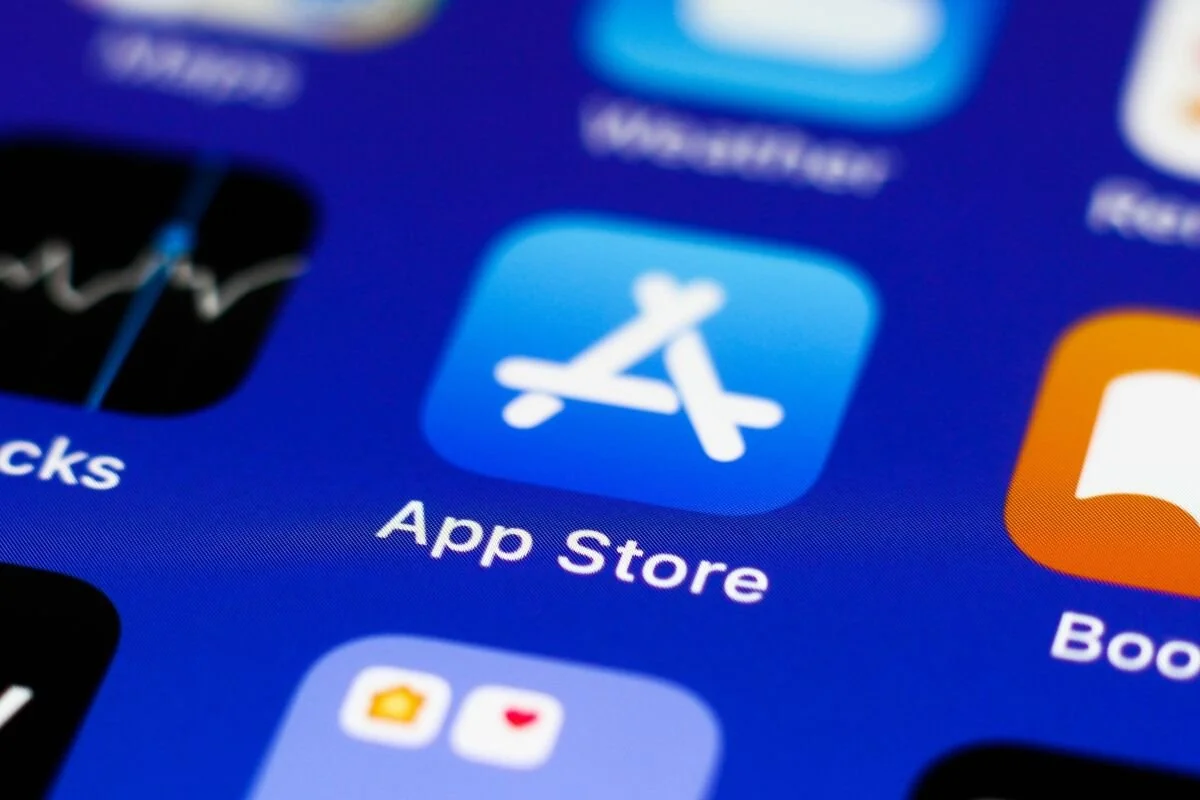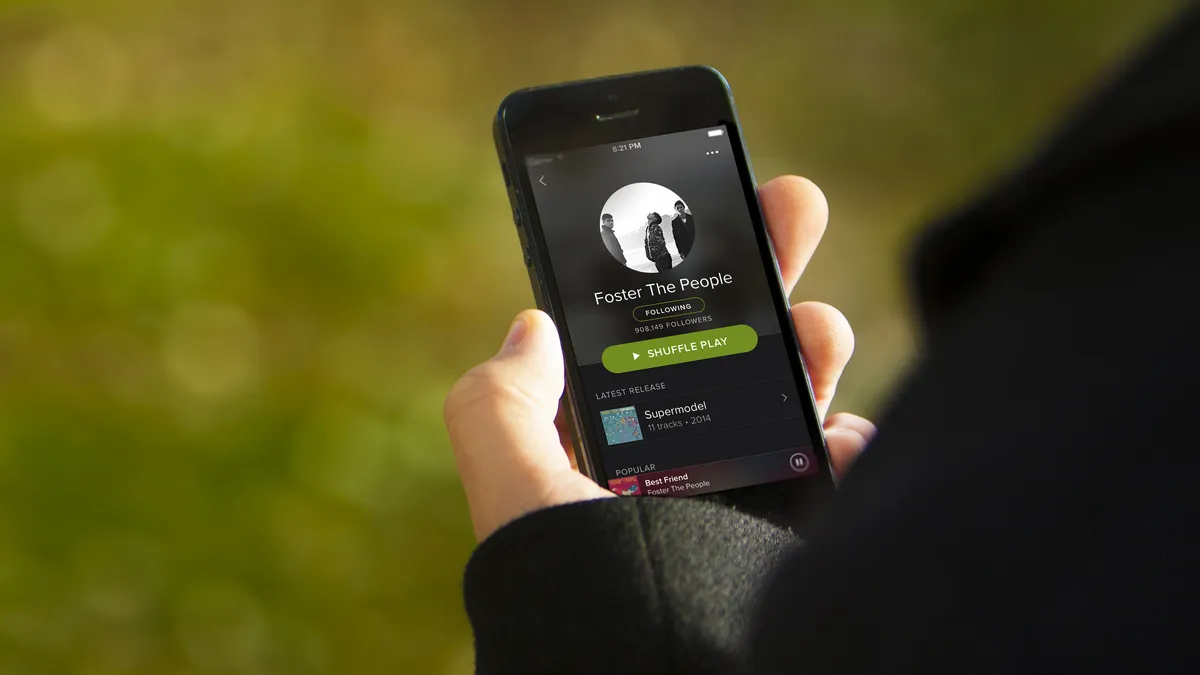
For many in the tech sphere, Apple’s App Store has long been hailed as the cornerstone of the iPhone’s triumph. Prior to its inception, the iPhone merely aspired to smartness, lacking the ecosystem that propelled it to global prominence. However, with the advent of the App Store, a vast realm of possibilities unfolded.
Until recently, Apple’s proprietary marketplace stood as the solitary gateway, aside from illicit sideloading, for users to acquire apps for their iPhones and iPads. Yet, a seismic shift looms on the horizon, specifically for European users. With the impending rollout of the iOS 17.4 update in March, iOS aficionados in Europe will gain the liberty to procure third-party app stores—an epochal departure from Apple’s erstwhile monopoly.
This transformation heralds one of the most significant overhauls to the App Store since its inception in 2008. Once iOS 17.4 graces their devices, users will have the liberty to download alternative app stores, duly vetted and sanctioned by Apple, enabling them to access a diverse array of applications. Astonishingly, Apple will even grant users the prerogative to designate a third-party marketplace as their default app store via their phone’s settings.
The ramifications of these newfound default app controls extend beyond the confines of app distribution. With iOS 17.4’s advent, users will be prompted to elect a default browser upon installation—a departure from Safari’s primacy. Moreover, users will wield the authority to select their preferred payment service, facilitated by Apple’s widened developer access to NFC capabilities across its devices.
The genesis of this epochal shift traces back to the Digital Markets Act (DMA), a pivotal piece of EU legislation enacted in 2022. Enshrined within its provisions is the quest to furnish European denizens with a panoply of digital service options, fostering competition and consumer choice. For behemoths like Apple, compliance with the DMA necessitates an equitable landscape wherein rivals can vie for users’ allegiance.
As it presently stands, Apple has not divulged plans to extend this liberty to US users, prioritizing compliance with the EU’s March deadline for DMA adherence. Nonetheless, a universal alteration awaits gamers worldwide, as Apple opens its hallowed App Store gates to embrace game streaming services—a concession that promises a boon for gaming enthusiasts.
Yet, amidst these transformative strides, one salient concern looms large: security. Apple has perennially championed a stringent app vetting process as its frontline defense against malware infiltration, boasting an unblemished track record in safeguarding iOS users. However, with the dawn of third-party app store accessibility, the risk calculus evolves, necessitating prudent consideration among European iOS adherents weighing the allure of alternative marketplaces.
In the words of Apple Fellow Phil Schiller, “The changes we’re announcing today comply with the Digital Markets Act’s requirements in the European Union, while helping to protect EU users from the unavoidable increased privacy and security threats this regulation brings.” For European iOS denizens, navigating this altered terrain demands a judicious balance between newfound freedoms and heightened security risks.




